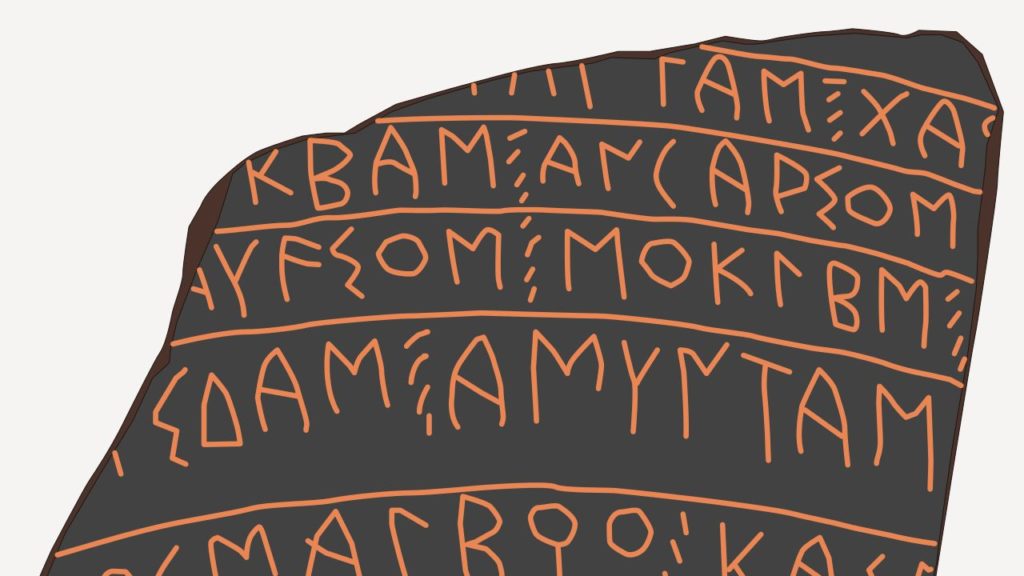The Ancient Greeks were the first Europeans to use an alphabet system and, by doing so, created a steady word base for other Western languages to borrow from.
The language has an amazing number of word families filled with phobias, manias and philes to make it easier to guess words though translation has not been a simple matter.
For instance, “philotimo” and “philoxenia” have been considered words among the most complicated to translate, but the BBC tried to crack through the mystery during its presentation of love-inspred words from around the world on Valentine’s Day.
Philotimo, a word that describes a complex array of ideals, has been translated by the BBC to mean “Love of honour”, and added that it is a trait that tops all Greek virtues. “The term essentially means doing good and demonstrating exemplary behaviour.” The same report describes philoxenia as meaning a “friend to the stranger”, however it explains that it “means far more than just an eagerness to show hospitality or a warm welcome.”
Here are some other fascinating Greek words that are hard to translate, but sound like what they mean:
kalon (n), a beauty that is more than skin deep, an outward sign of beauty that is noble and virtuous of character within
philocalist (n), a lover of beauty who finds and appreciates it in all things
anaxiphilia (n), love or attraction to unsuitable mates; consistently falling in love with the wrong person
alexithimia (n), the inability to express feelings and have no words for emotions
basorexia (n), craving the act of kissing
palinoia (n), the obsessive repetition of an act until it is perfected
monophobia (n), the fear of being alone
agerasia (n), being younger in outward appearance than one’s true age
dysania (n), the difficulty of getting out of bed in the morning
phosphenes (n), the colours of the stars and flashes you see when you rub your eyes hard
pocrescophobia (n), a compulsive desire to avoid all things related to weight gain, an unnatural fear of putting on weight
cryptoscopophilia (n), the urge to secretly and casually look through windows while walking past them
euneirophrenia (n), a piece of mind that comes from dreaming of pleasant things
agathokakological (adj): somebody/something that is composed of both good and evil
atelophobia (n), the fear of being imperfect or good enough and extreme fear of failing to achieve perfection
lypophrenia (n), an underlying feeling of sorry without any apparent cause
meraki (n), the soul, creativity and love that you put into something that is the essence of yourself
oneirotaxia (n), the inability to distinguish reality from fantasy
Then there are the more than 6000 Greek-based words that most English speakers already use as part of the English language:

via neokosmos






Leave A Comment
You must be logged in to post a comment.